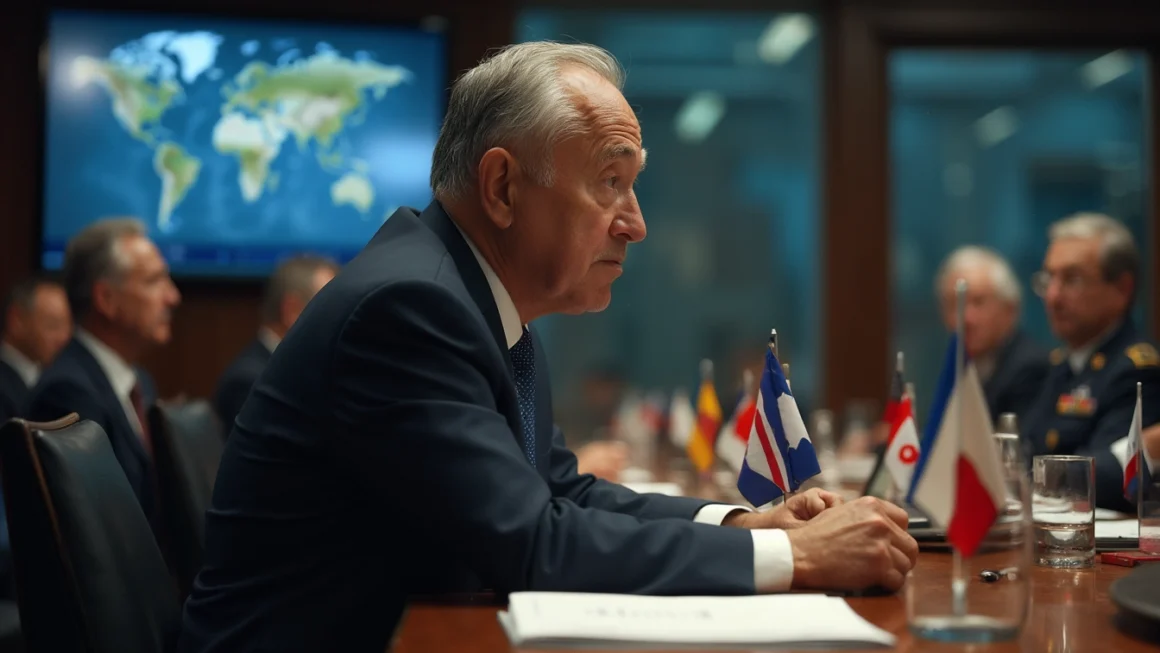A Strategic Visit to Strengthen Indo-Pacific Alliances
Table of Contents
In a significant move to reinforce the United States’ commitment to the Indo-Pacific region, Secretary of Defense Lloyd J. Austin III recently concluded his thirteenth visit to this strategically vital area. This trip, spanning from November 15 to 21, 2023, underscored the importance the U.S. places on its relationships with key allies and partners in the region.
Strengthening Ties with Key Allies
Secretary Austin’s itinerary included crucial stops in Indonesia, India, and South Korea. These nations play pivotal roles in maintaining stability and security in the Indo-Pacific, and the Secretary’s visits aimed to deepen existing partnerships and explore new avenues for cooperation.
Indonesia: Enhancing Defense Cooperation
In Jakarta, Secretary Austin engaged in productive discussions with Indonesian Defense Minister Prabowo Subianto. The talks centered on expanding bilateral defense cooperation, a move that signifies the growing strategic importance of Indonesia in the region. This engagement is part of a broader effort to strengthen the U.S.-Indonesia Comprehensive Strategic Partnership, which was elevated earlier this year during President Joko Widodo’s visit to Washington.
India: Advancing the Major Defense Partnership
The visit to New Delhi marked another milestone in the U.S.-India defense relationship. Secretary Austin’s meetings with Indian officials, including Defense Minister Rajnath Singh, focused on advancing the Major Defense Partnership between the two nations. This partnership is crucial for addressing shared challenges and promoting stability in the Indo-Pacific region.
South Korea: Reaffirming the Alliance
In Seoul, Secretary Austin participated in the 55th U.S.-ROK Security Consultative Meeting. This longstanding forum serves as a platform for discussing and strengthening the U.S.-ROK Alliance. The discussions likely covered a range of topics, including regional security challenges and ongoing efforts to enhance deterrence and defense capabilities.
The Broader Strategic Context
Secretary Austin’s visit comes at a time of increasing geopolitical tensions in the Indo-Pacific. The region faces various challenges, including territorial disputes, the rise of China, and concerns over North Korea’s nuclear program. In this context, the U.S. is actively working to bolster its alliances and partnerships to maintain regional stability and promote a free and open Indo-Pacific.
Implications for Regional Security
The Secretary’s trip sends a clear message about the United States’ unwavering commitment to its allies and partners in the region. It demonstrates a proactive approach to addressing shared security concerns and highlights the importance of collective efforts in maintaining peace and stability.
This visit also underscores the multi-faceted nature of U.S. engagement in the Indo-Pacific. Beyond military cooperation, it encompasses economic partnerships, technological collaboration, and shared democratic values. Automation tools can play a crucial role in enhancing these multifaceted partnerships, streamlining communication and coordination between allied nations.
Looking Ahead: Future Cooperation and Challenges
As the geopolitical landscape continues to evolve, the relationships forged and strengthened during Secretary Austin’s visit will be crucial. The coming years are likely to see increased cooperation in areas such as:
- Joint military exercises and training
- Technology sharing and defense industrial cooperation
- Maritime security initiatives
- Counterterrorism efforts
- Cybersecurity collaboration
However, challenges remain. Balancing the interests of various regional players, addressing economic disparities, and managing potential flashpoints will require ongoing diplomatic efforts and strategic foresight.
Conclusion: A Reaffirmation of U.S. Commitment
Secretary Austin’s thirteenth visit to the Indo-Pacific region serves as a powerful reaffirmation of the United States’ commitment to its allies and partners. It highlights the ongoing efforts to build a network of partnerships that can effectively respond to the complex security challenges of the 21st century.
As the Indo-Pacific continues to grow in strategic importance, such high-level engagements will play a crucial role in shaping the future of regional security and cooperation. The relationships strengthened during this visit are likely to have far-reaching implications for peace, stability, and prosperity in this vital part of the world.




